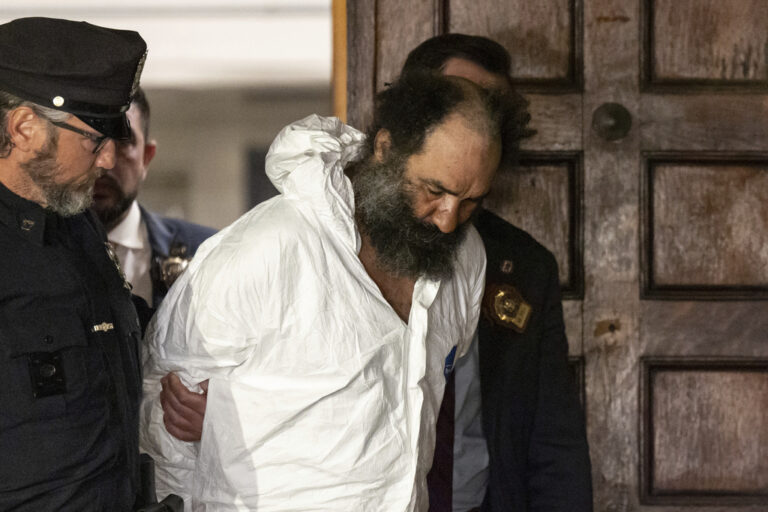A growing number of people in the United States are battling the temptation to log on, said Dr. Abraham J. Twerski, founder of Gateway Rehabilitation Center, a drug and alcohol treatment system in Western Pennsylvania. “People can’t get away from the computer,” said Twerski, 76, who will discuss Internet addiction at a program next month sponsored by the Agency for Jewish Learning and its Jewish Teacher Institute.It’s a sign of the times, he said.”Who imagined this? There’s Palms, wireless … there’s no escaping it,” he said. “It’s constantly getting more complicated.”
Mara Nappi, 19, of McCandless, another Beehive regular, believes the three to eight hours a day she spends on the Internet is “the norm for our generation.” She keeps an online journal, sends messages to her friends and does research for school.
But the Internet can become like a food addiction, Twerski said, requiring some of the same treatment methods used for other dependencies.
“All of the addictions require a support group plus therapy,” he said.
He should know. Twerski is recognized as an international authority on addiction. He founded Gateway and was its medical director until his semiretirement and move to New York. An ordained rabbi, Twerski also is an associate professor of psychiatry at the University of Pittsburgh School of Medicine. He has served on the Governor’s Council on Drug and Alcohol Abuse and often appears as a radio or television guest speaking to audiences worldwide.
The Chinese government opened a clinic for Internet addiction last year in Beijing to treat patients, mostly between the ages of 14 and 24, who suffer from anxiety, depression and lack of sleep, sometimes due to long hours playing video games online.
Treatments include going “cold turkey,” counseling, physical activity, antidepressants and enforced sleeping patterns.
Twerski said the impact of the Internet addiction problem in the United States hasn’t been measured, but it has the potential to be huge, maybe even outpacing gambling.
“Gambling is very big. It may surpass drugs and alcohol,” he said.
Twerski said he started getting phone calls about the problem three or four years ago.
“They were rare; now they are more frequent,” said Twerski.
The program also will feature Philip Rosenthal, 49, who will address methods parents can follow to protect families from what he calls the “World Wild Web.”
Rosenthal, who investigates computer crime, speaks around the world about obsessive computer behaviors, computer-based child abuse, online bullying and Internet safety. He has assisted the FBI, the U.S. Secret Service, Scotland Yard and other law enforcement agencies in high-tech cases.
?
Source: PTR










